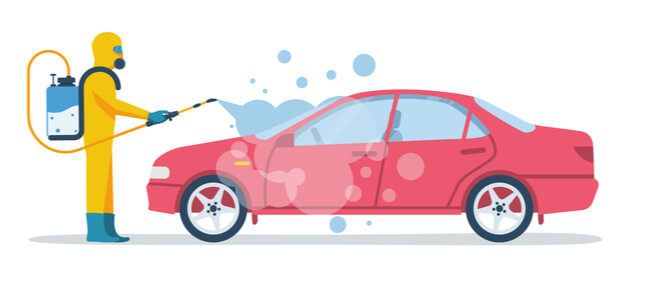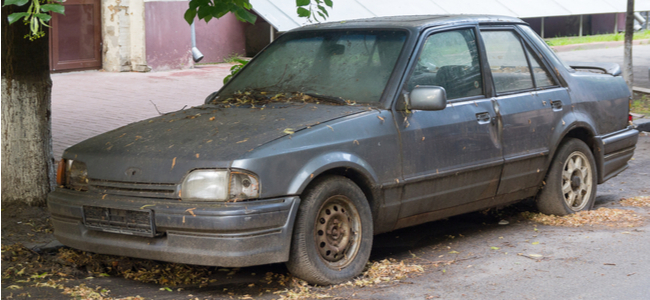What Happens To A Car Loan When Someone Passes Away?

Many people live with the misconception that when a borrower dies, the relationship between a borrower and lender is terminated. However, this is far from the truth. The loan is automatically transferred into the name of the co-applicant, administrator, or legal heirs.
Here is a clear picture of what happens when a borrower passes with an outstanding car loan balance.
How It Works
Upon the passing of an individual or applicant, all the assets and debts of the individual are combined and declared as their estate. Estates have a monetary value of whatever they own at the time of the ongoing debt, including savings, investments, checking accounts, and land or businesses in which the borrower had a controllable interest.
After the individual’s passing, this estate is used to pay off the remaining debt balance. This includes any personal loans, car loans, mortgages, or other borrowings. However, the available funds in the estate have to be sufficient to clear the pending debts. If the deceased individual has left a will or a trust, the supporting documents will list the executor who will be responsible for settling and distributing the estate among the beneficiaries.
On the other hand, if the borrower dies without a will, the designated court will assign an administrator, usually a close relative or immediate family member, to handle the responsibility. Thus, the cosigner, administrator, or the legal heirs would be responsible to look after the car loan upon the borrower’s death by making the timely payments of the loan amount.
What Happens If I Am A Cosigner?
Co-signing involves another party in addition to the borrower securing the loan amount. This often occurs when the borrower is not financially stable enough to obtain the loan independently or has a poor credit score. For the cosigner, their liability does not end with the untimely death of the primary borrower. It is still their responsibility to pay off the loan if the borrower has passed. Moreover, the lender has legal authority to pursue a cosigner for the pending amount.
However, the lender will first try to recover the pending amount from the estate of the deceased borrower. If the amount isn’t covered by the estate, the cosigner will then be responsible for making the remaining payments from their own pocket. It should also be noted that if the cosigner fails to make the payments, the loan account will go into collection, potentially resulting in a repossession of the car secured by the loan. Along with this, a cosigner’s wages might also be garnished depending on state laws.
The Steps To Take
If a friend or relative dies, it is vital that all lenders and major credit agencies are provided with a certified death certificate. It prohibits fraudulent acts, including the opening of new accounts on behalf of the deceased. It also permits the proper settlement of all outstanding debts.
In cases where the deceased individual has pending debts, it is advisable to hire an attorney who would be capable of handling all the financial matters on behalf of the borrower. To avoid any payment issues related to the car loan, the cosigner, legal heir, or other family member should keep making regular payments.
Other important steps that need to be followed include verifying the life insurance policy, checking on the estate's ability to make loan payments, and refinancing the car loan if necessary.
The New Owner's Obligations
When the primary applicant of the car loan dies, there are two conditions for the new owner - (a) keep the car, and (b) agree to put the car up for repossession.
If the surviving spouse, family member, or friends are willing to keep the car, it is important to make regular payments of the pending loan amount to avoid repossession. The entire process of keeping the car is carried out in a court to make sure that the new owner is the legal heir of the deceased applicant and transfer the title on the new owner’s name.
The new owner will be liable to pay the state registration fees and taxes, renew auto insurance, and refinance car loans in their name. On the other hand, if the new owner is not capable of repaying the loan, they can put the car up for repossession. The lender will try to sell off the car to cover the balance.
Bottom Line
Upon the untimely passing of a borrower, the car loan is further passed on to the legal heirs of the deceased individual, the administrator, or the cosigner, but the amount is by no means waived or discharged. According, the new owner can either keep the car and make payments on the outstanding loan or agree to have the car voluntarily repossessed.




